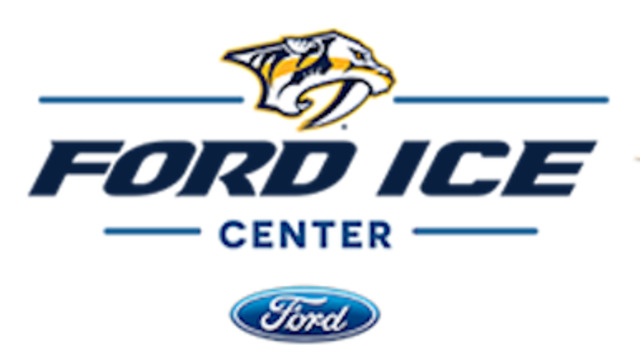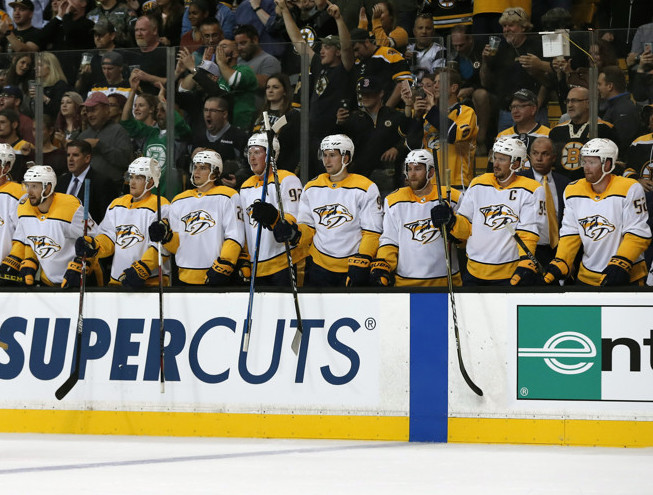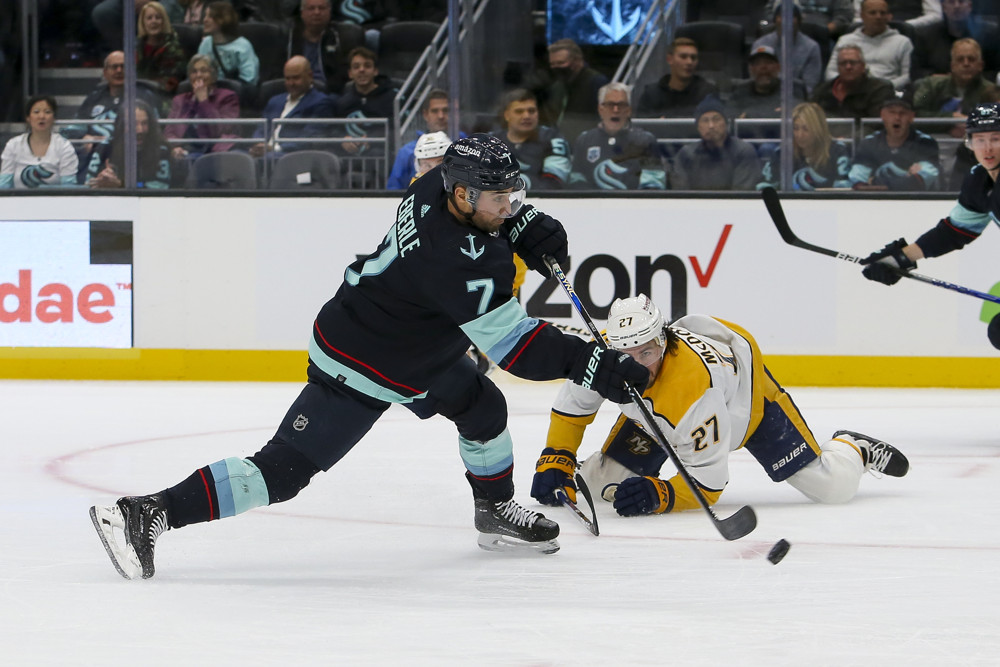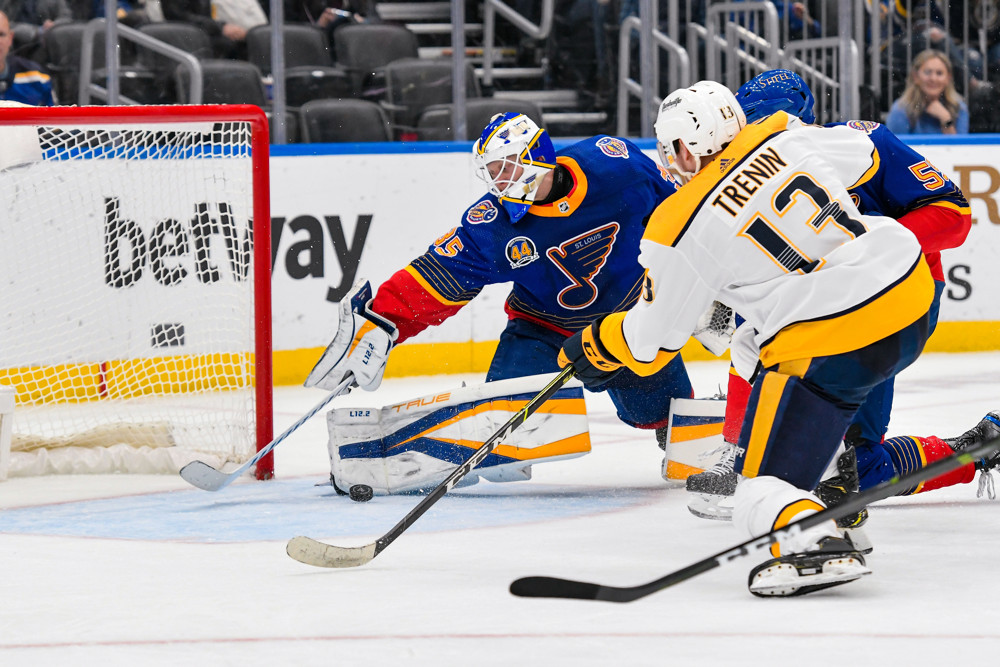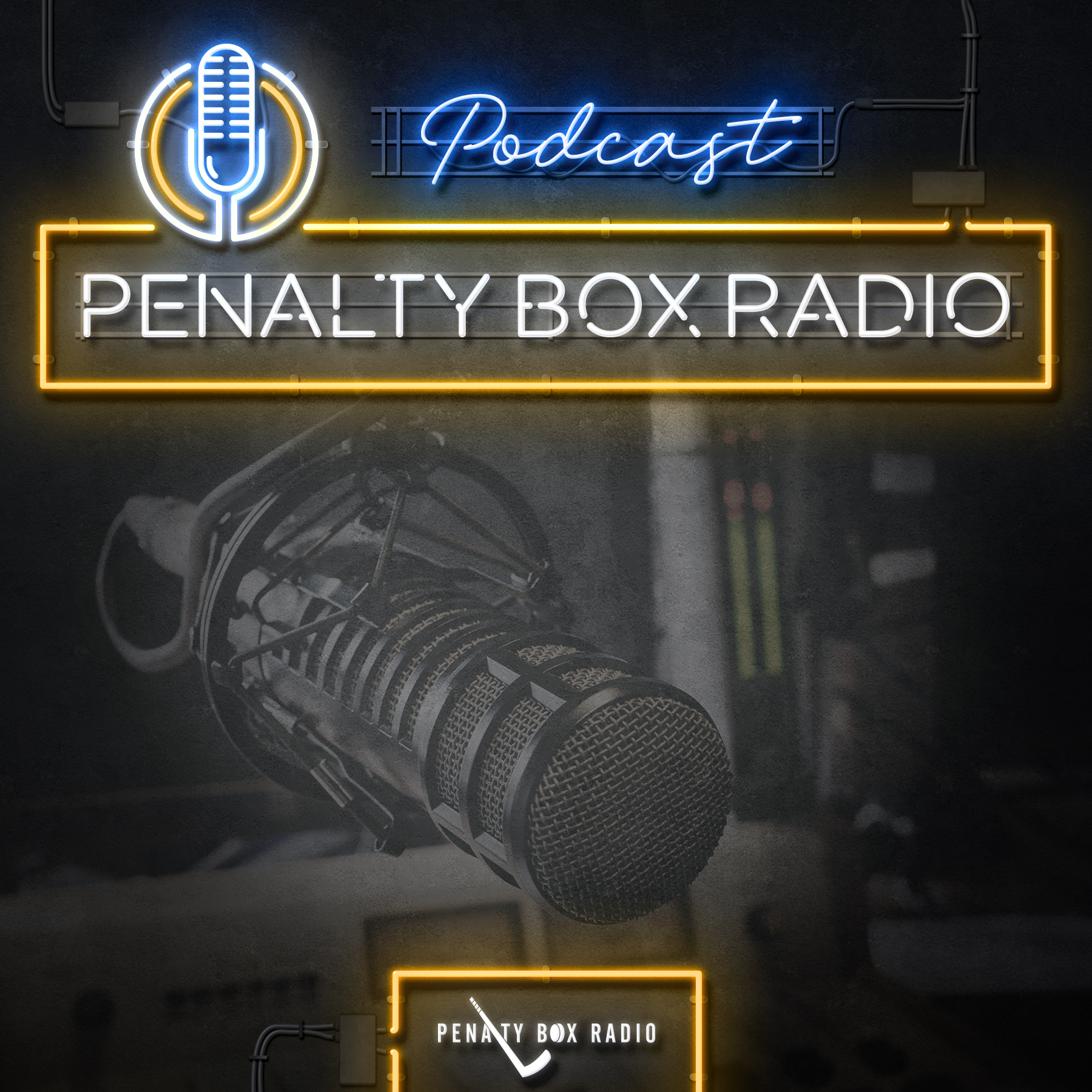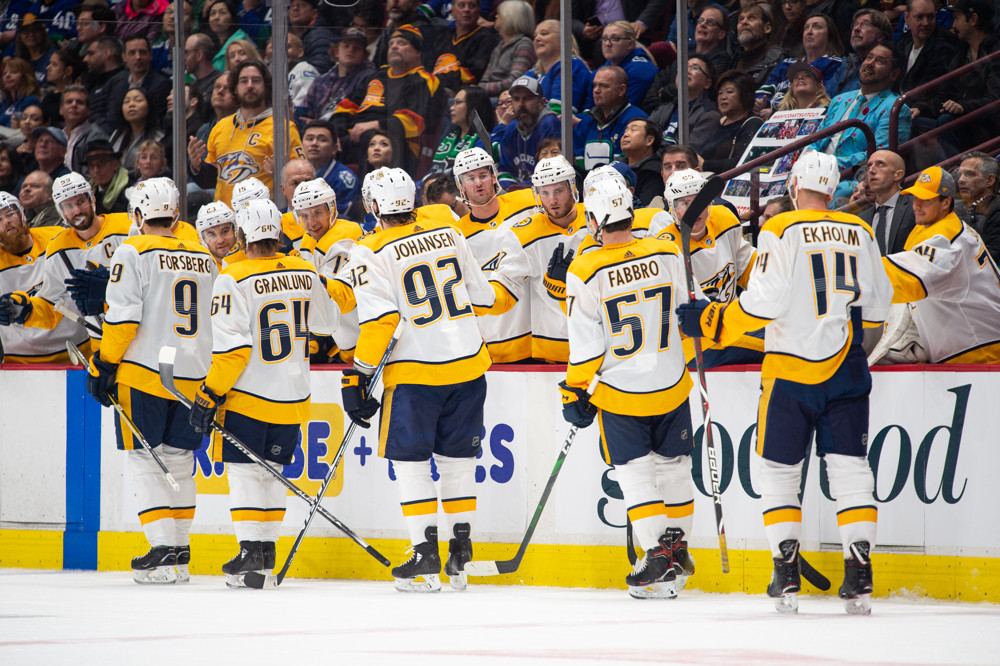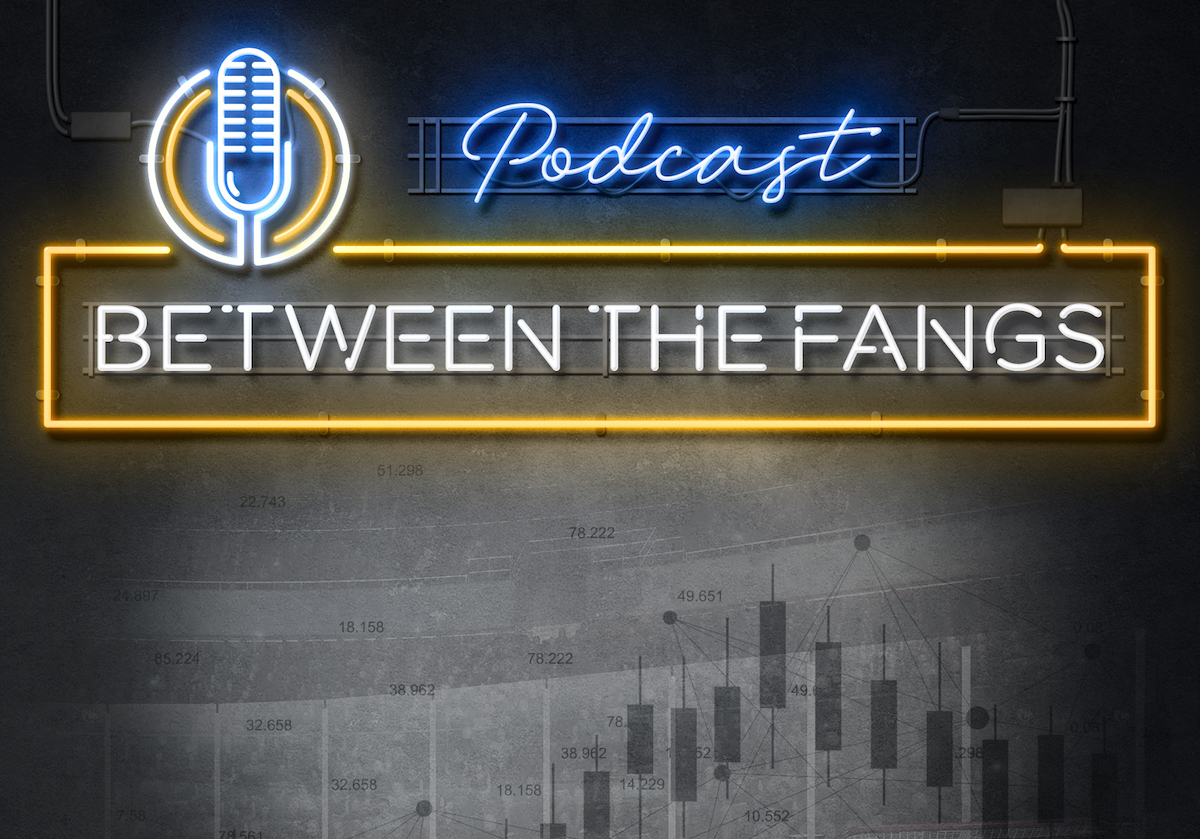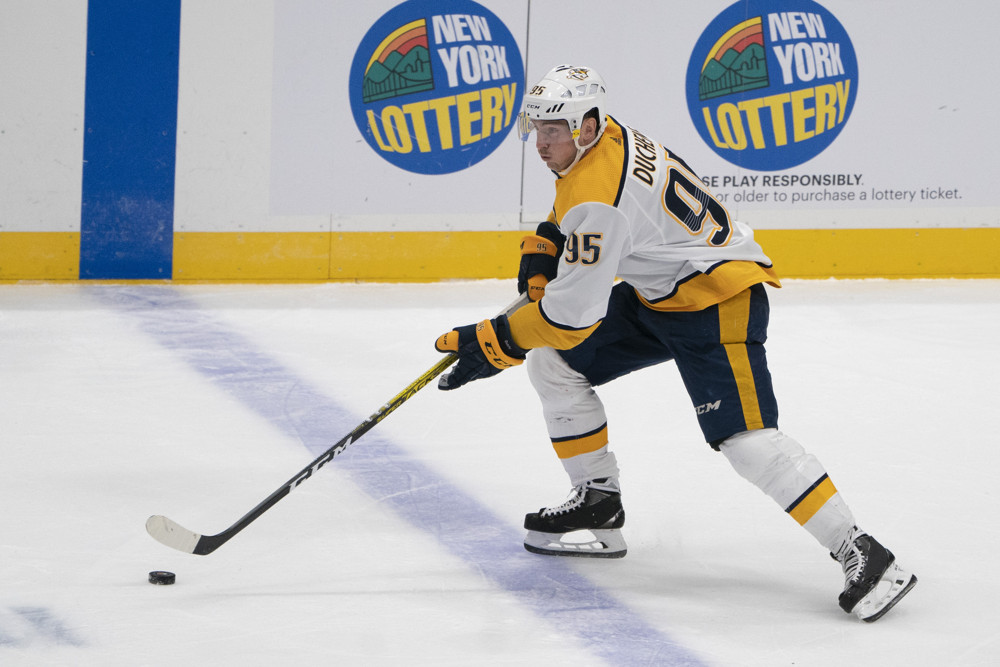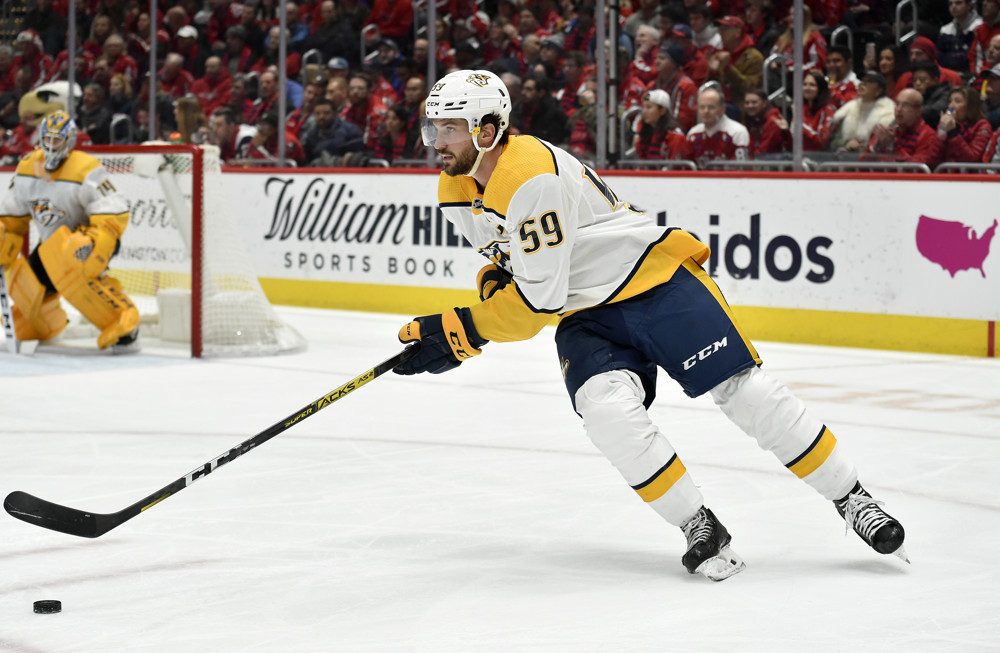
Stop me if you’ve heard this one before, I went to a fight and a hockey game broke out. Hockey is often associated with two burly men punching the snot out of each other by casual fans, and for good reason. Up until 2005, fighting was as big of a draw as the actual talent.
Designated fighters, or goons, would play four shifts a night and whenever they touched the ice, the crowd rose to their feet. They might as well have had a walkout song, like in the WWE or UFC.
These fights were as predictable as they were exciting. People came to the arena not just to watch Wayne Gretzky vs Mario Lemieux, but to see Dave Schultz and Tiger Williams square off.
Those were the good old days, but that’s exactly what they are, the old days. Fighters are no longer part of the game and if you don’t believe me, take a look at Mark Borowiecki or Matt Calvert’s stats. They led the league in fighting majors and weren’t “effective” NHLers by any means. Times have changed, and that’s ok, progress is good.
I’d argue hockey is the best it’s ever been. The talent disparity between a first-liner and a fourth-liner is the closest it has ever been and hockey is better for it. And before anyone complains, let’s remember that this happened organically.
Coaches saw a market inefficiency and decided to exploit it. It worked so well that other coaches in the league decided to follow suit and the game exists as we know it today.
This leads me to my point as well as thought I have multiple times a week, what’s the next market inefficiency that could be exploited? I believe I have the answer.
Sitting Healthy

NHL players should not be playing in all 82 regular-season games. It’s not natural for a human body, especially when you account for morning skates, regular practices, and worst of all, travel. Even when people are in the best shape possible, human bodies can only take so much abuse before they crack.
Every player, but especially star players that play physical games, should be given the night off semi-regularly. I’m not suggesting that they only play 40 games a season, but multiple people in and outside the league have suggested switching over to a 60 game regular season. The only games that I think should be mandatory, within reason, are home games. Who cares about the away crowds, but home fans should see the best you have to offer every night.
I don’t believe that’ll ever happen because of owners and their unending greed, but that would be the best solution. In the meantime, playing a big name player in three of every four games would be a great way to preserve the “freshness” of your primetime talent.
Personal Glory

Yes, personal numbers will fall and your stars might not get the league-wide attention they may deserve, but who cares about that? Players claim they don’t and we can always use per 60 stats to compensate. Keeping players healthy and in top condition is more important to team success than any silly goal record.
The team will have to get players to buy in and sacrifice whatever glory they’ll get, which will probably be the biggest holdup. Well, the second biggest hold-up after the culture problem.
Warrior Mentality
Hockey players have this weird complex where they pride themselves on playing hurt. It doesn’t matter when, I’m sure they’d play hurt in the pre-season if they were able to.
This makes hockey unique, but it’s also kind of stupid. There’s nothing good about playing injured in a game that doesn’t matter. The playoffs are one thing, and even then I have issues with it, but why play a meaningless game when you’re at a greater risk to re-injure yourself?
And let’s not act like the regular season isn’t meaningless. Sure, there’s playoff seeding but as hockey fans, we’re almost taught to despise the President’s Trophy, a symbol of the true best team in hockey.
It might take a long time to convince players, but trust me, there are more than enough benefits.
Player Benefits
Let’s just knock out the easy reasons. Less likely chance to injure/re-injure yourself, more healthy/fresh for the playoffs, and better game readiness.
One of the other benefits could be more skills training time. Remember, in my scenario, the only games that players miss would be road games. That means they could spend an extra day or two at home. Those benefits alone are large, trust me, there’s nothing like your own bed. But this also means that they could work one on one with skills coaches in order to address holes in their game. Practices are nice, but individual practices tailor-made for a player are where the real development happens.
You might be saying, “wait, why are they on the ice? Isn’t the whole point of this to keep players fresh?” and salient point, friend. But I’d argue an hour-long skills practice is easier on the body than three shifts on a real game. Plus, if the player is trying to recover from an injury, they could just work with the medical team.
Another bonus, and this is piggybacking off of another point I made previously, is playoff performance. Imagine being fresh and rested for the post-season? Wouldn’t that be nice? Well, in this scenario, you could be! This feeling could even propel you towards one of the best post-seasons of your life, and you know what that means? More money in your next contract. A good playoff performance has made men like Bryan Bickell and Sean Bergenheim very rich men for only a few weeks worth of work.
Besides that, resting players could also add time to players careers as they get older. Even when skaters are young, bumps and bruises add up and make that post-30 drop off worse. I’m sure everyone has heard the expression, “Father time remains undefeated”, but maybe we could push the clocks back just a little bit if players got their rest.
It’s not just the players either, I actually think managers and even owners (*throw up sound*) could stand to benefit from this system.
Management Benefits
This is going to get into the weeds pretty quick, so I just wanted to give a preemptive thanks to everyone still reading.
Managers and players could have these “scheduled” rests built into their contracts and therefore structure the salary differently. A player could demand that he be given a 62 game maximum clause, à la a no-movement clause, and the manager could negotiate his salary down accordingly. Let’s take an easy example. Let’s say Ryan Johansen only wants to play three-quarters of the season, about 62 games, David Poile could then counter and say, “sure, but we’ll only give you three-quarters of salary”. That takes Johansen down from eight million per year to six million.
That’s up to Johansen to decide, but as I mentioned earlier, maybe sacrificing that two million per year now will lead to another contract down the stretch.
This kind of negotiation could lead to some salary cap shenanigans as the first team to do this could use this to acquire more and more talent. A deeper, more rested roster would be a scary thing to go up against in the playoffs, that’s for sure.
Owner Benefits
The owners already have enough benefits, but I guess they could say that their direct hires innovated the game. That’d probably be another thing they can hang their hat on.
Precedent

This is an absolutely new idea in the NHL, but this is common in other, shall we say, better leagues. The Toronto Raptors rested their star player Kawhi Leonard for portions of the regular season and when it mattered most, Leonard stepped up his game in a big way.
The NBA is almost infamous for sitting their stars later in the season once the playoff picture has been set, and it makes for more entertaining playoff games. Why shouldn’t the NHL follow suit?
How I Would Do It
Here’s where I’m about to get really nutty with it. I think 62 regular-season games is the perfect amount, and my star players will only play more if my team is in the wild card hunt. Every healthy player will play all 41 games at home because it wouldn’t be fair to charge fans that much money while not putting forth the best possible product.
Minutes would be monitored and tracked as games went on. Are we up by a lot or down by too much to come back from? Then my stars are getting fewer minutes and we’ll give our less-important depth pieces that extra time. This way we’re not spinning our stars’ tires for an already won or lost game.
I’m sure I’d catch flack for it from traditional media and fans, but who would complain when the team looks fresh and healthy as the playoffs go on.
Opinion En Masse
Cards on the table, I understand this opinion might not be happily received by all. Less hockey is not something usually cheered for. With that said, I sent out a Twitter poll to see how many games per season a skater should play in. We received 200 votes in the poll.
The four answers were 59 or fewer, 60-70, 70-80, and every game possible. 70-80 was the winner with a whopping 45% of votes while every game possible came in second with 30% and 60-70 games finished with 22%. Only five people or so (3%) answered under 59 games, which I expected.
While 70-80 is much better than 82, I still think that’s too much. As I’ve mentioned before, 60-65 would be my perfect amount of games, but the community clearly feels differently.
All In All
All in all, I don’t think anything will change. The NHLPA is probably the weakest union in sports and they consistently lose when they square off against the NHL on issues.
Plus, owners would never give up that profit from the extra 10 or so games at home. Even if suggested to reducing games but raising the prices by a little, the owners would likely raise prices while keeping the number of games the same.
I love hockey. It gets me out of bed every morning. The more hockey the better, but at this point, I’m worried about the players’ quality of life. I don’t want any of them to retire in their prime because of injury issues caused by long term fatigue, like Andrew Luck. I want to see my favorite players putting up points into their 30s without having to worry about things like lifting their children in the air.
The times are changing and the NHL needs to get with it.
